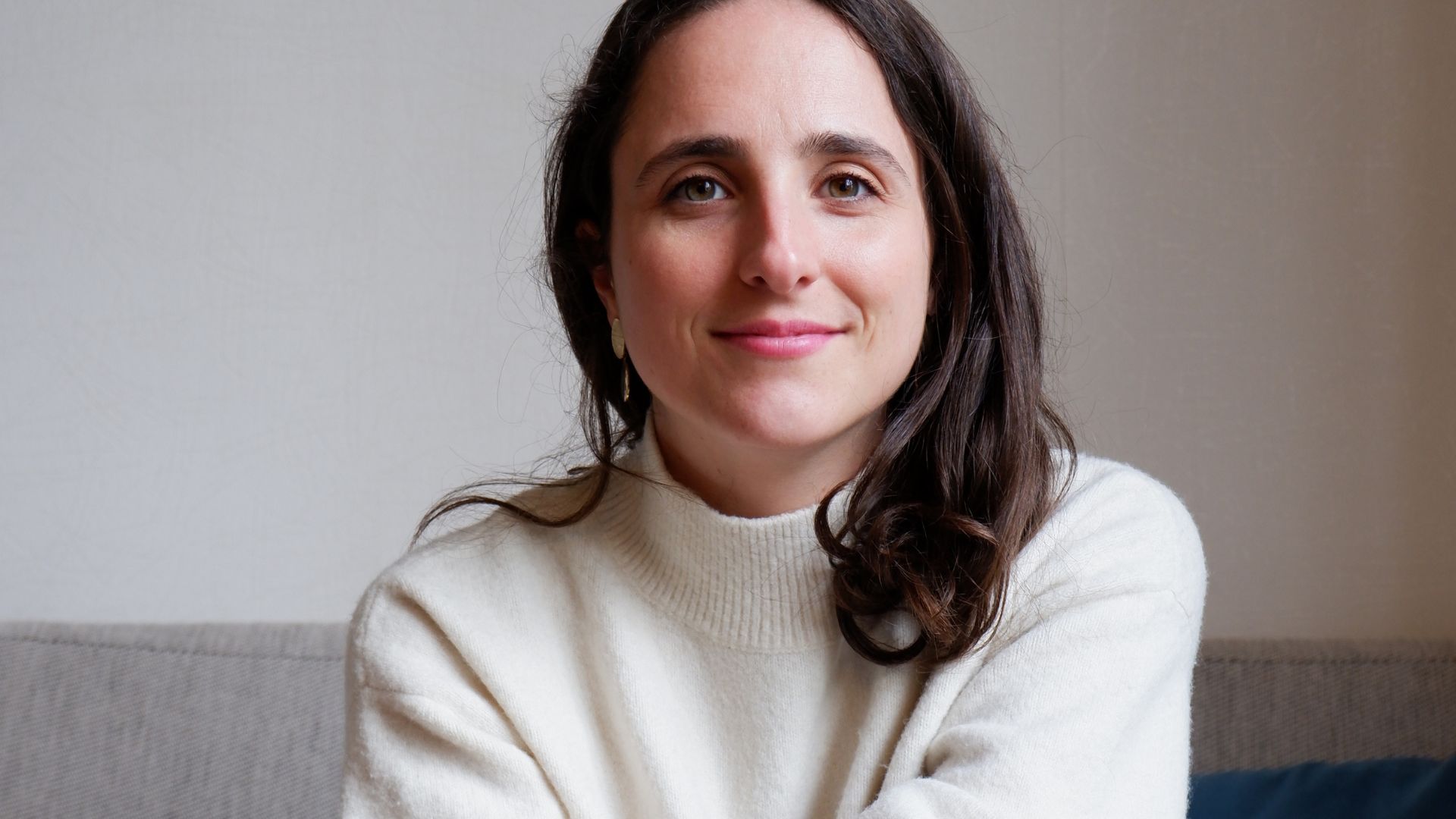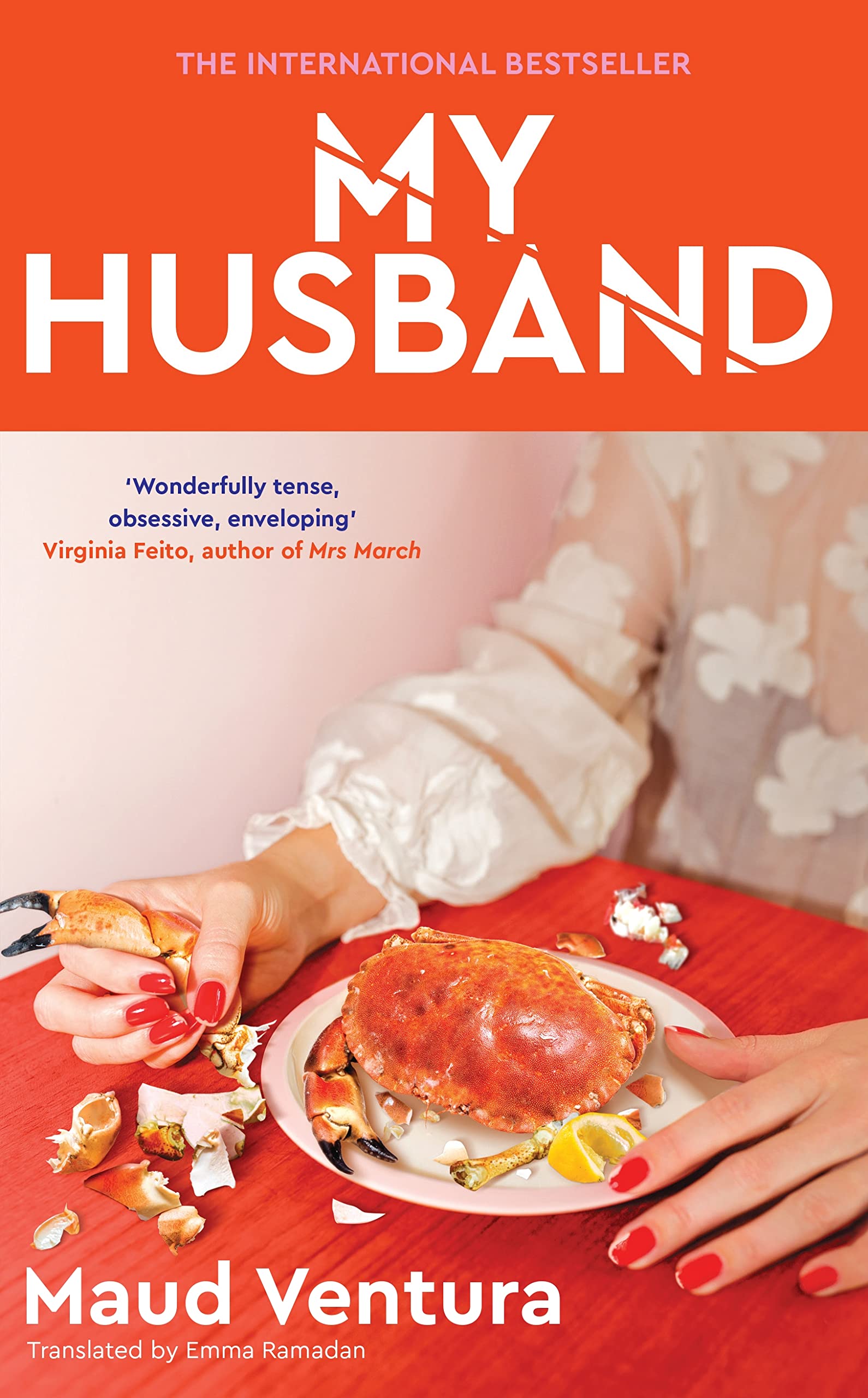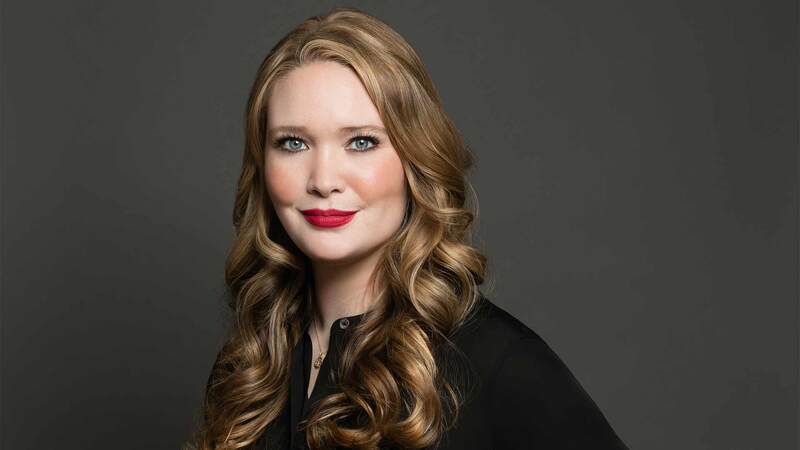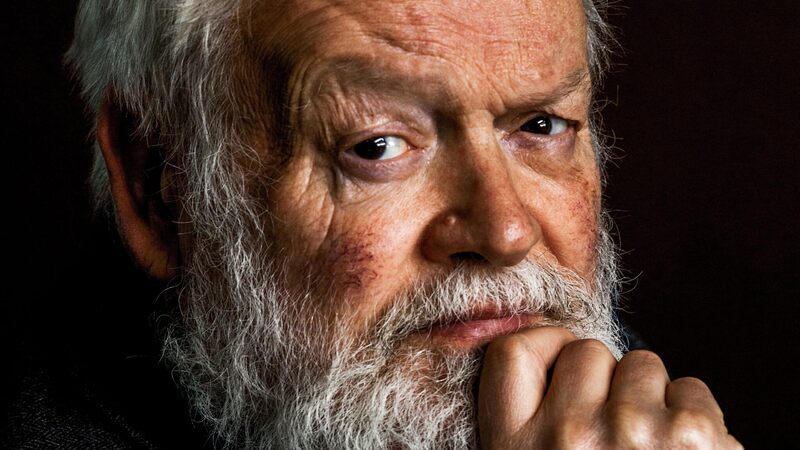You are viewing your 1 free article this month. Login to read more articles.
Maud Ventura in conversation about relationships and love in her domestic noir
The domestic noir that Maud Ventura conjured out of her own relationship is also a much-needed satire on modern life
One of the most celebrated début novels of recent vintage in France started with a break-up. Or, rather, the anticipation of a break-up.
Parisian Maud Ventura was happily in a relationship but began to feel uneasy. She explains: “I was very much in love with my boyfriend. So I kept wondering, why am I so passionate, so very intense? But I was very sad too because a honeymoon phase doesn’t last. But that kind of intense love changes over time and I wanted to explore that in fiction. Can it ever last? But then I thought: ‘Would it be worse if it didn’t go away?’”
The result is My Husband, Ventura’s and translator Emma Ramadan’s perhaps unclassifiable novel: a compulsive domestic noir with Highsmithian overtones and shades of Caroline Kepnes’ You, which is also a deliciously but uncomfortably funny satire on modern life.
The action takes place over one week and centres on the unnamed narrator who, after 15 years of marriage and two kids, is still butterflies-in-the-stomach besotted with her rich husband. Her entire life is in service to keeping their relationship perfect, from catering to his every needs to “fine-tuning” her beauty with the right clothes and long yoga and tennis sessions. All this takes a great toll with every interaction, even the most mundane, becoming a tense battleground. Soon you wonder how reliable the narrator is, just as questions arise about the husband. It is a spare, literary page-turner with a gut-punch of a surprise ending which made me immediately re-read the entire novel.
And I knew that my character needed to be a translator because she’s analysing everything about her husband
When My Husband was published by indie L’Iconoclaste in 2021, it became the sensation of that year’s la rentrée littéraire, the annual late summer and early autumn period when French publishers release their biggest literary titles. It shifted nearly 100,000 units and Ventura went on to win the Prix du Premier, France’s prestigious first novel award.
Aside from sales and prizes, it became fiercely debated water cooler fodder. The novel’s ambiguity fed into this, with some declaring that the (on the face of it) servile nature of the narrator made My Husband a deeply anti-feminist, retrograde tale; others argued it was a sharp anti-patriarchal takedown.
Ventura was pretty media savvy at the time, as the then 28-year-old had embarked on a successful radio and podcasting career both producing and in front of the mic. But the hoopla around the book “was like a tornado” and the debate around her intentions took her aback. “When I was writing it, I came at it on a very intimate level,” she says. “The idea was exploring why—when I was happy in my job, friends and family—was I still obsessed with this guy? I wasn’t thinking: ‘Am I writing a feminist novel?’
“I had a choice to make the character independent, free and a role model—or the opposite. I chose the opposite. But it is a feminist novel in that she’s not happy. What she has done in living for her man is making her miserable. So with these two opposites—independent or dependent characters—you end with the same point: women should live for themselves.”
So with these two opposites—independent or dependent characters—you end with the same point: women should live for themselves
Appropriately for this issue of The Bookseller, My Husband’s narrator is a translator from English. Near the beginning, she is working on the début of a young Irish novelist and is vexed by the “hilly… irregular and changing” nature of English, a language which “will always have a leg up on you.”
Ventura is fascinated by the art of translation—in fact, the idea to make her narrator one came after listening to a podcast where the translator Josée Kamoun broke down her technique of a new French edition of 1984. Ventura says: “It was fascinating, I listened to this interview over and over. Kamoun said that her real job was to try to enter an author’s head. And I knew that my character needed to be a translator because she’s analysing everything about her husband.”
Ventura reveals that the English-language version has some differences from the original, based on suggestions from the original Anglophone acquiring editor, HarperVia US’s Gretchen Schmid (Hutchinson Heinemann’s Ailah Ahmed bought UK and Commonwealth rights). There is a new short prologue and the aforementioned gut-punch ending was extended by a few paragraphs. Ventura explains: “[Schmid] told me that we really needed to grab American readers right away and not wait, because they are more impatient than French readers.”
Career shift
The success of her book—it has also been a bestseller in Italy—enabled Ventura to drop her radio/podcasting career to write full-time. She is beavering away on her second novel while monitoring My Husband’s adaptation into English-language TV by a London-based production company which she cannot yet reveal (French studios also came calling but pitched feature-length movies while Ventura wanted a series).
And, alas, the relationship that was part of the gestation of My Husband fizzled out. Ventura says: “Yes, he dumped me. We’re not close friends—though I put him in the acknowledgements—and he really helped me in the writing of the book. I did love him madly, but a lot of love never lasts, does it?”











